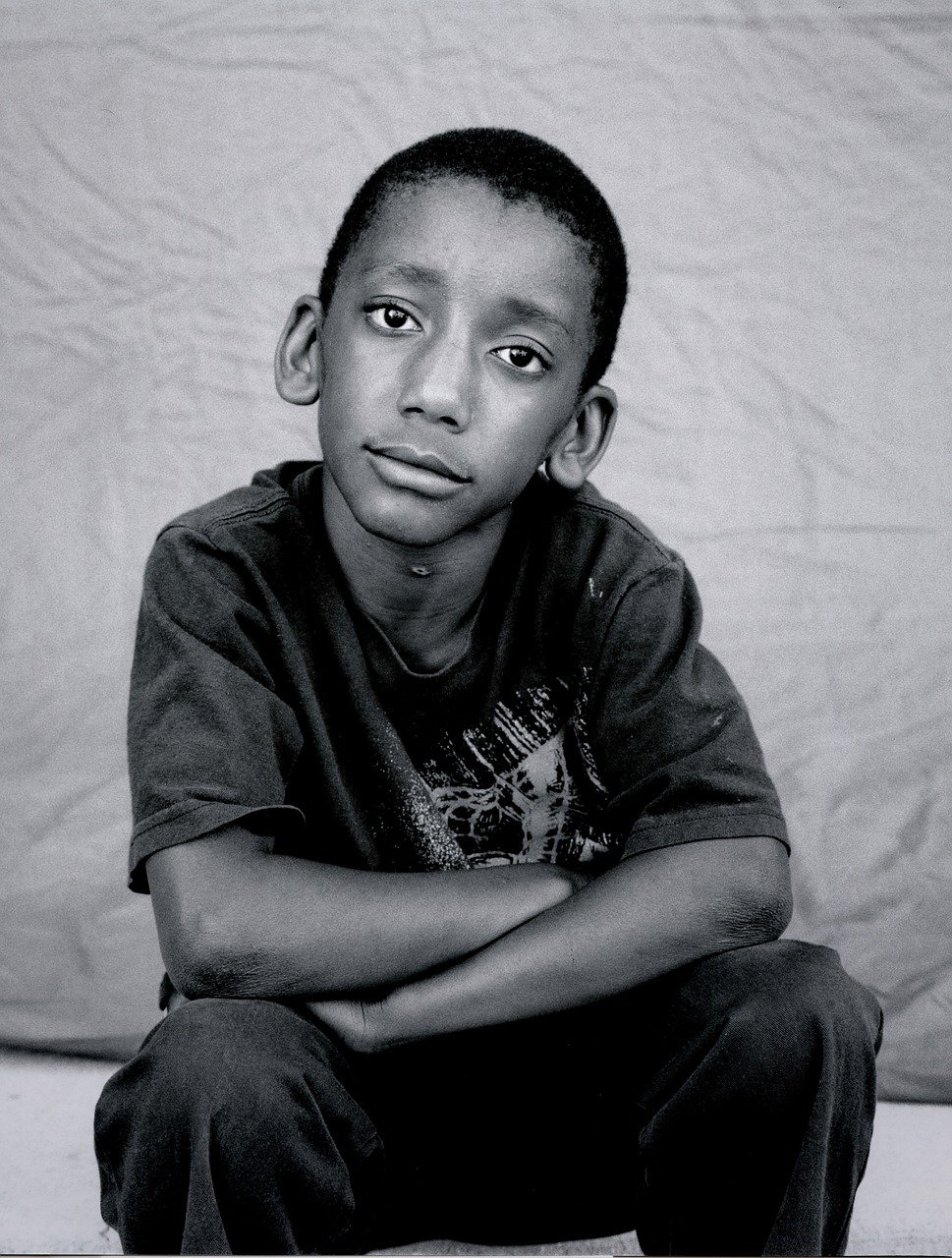
Transitioning Back to School: How to Set Your Child Up for Success
Getting ready for a new school year is a chance for children and parents to learn and grow. Children will have to adjust to new teachers, classmates, and schedules, and parents need to help ease any worries by openly discussing what to expect and setting up routines ahead of time. Being patient in the initial weeks is essential as your child adapts. Providing extra support and encouragement will help them overcome any challenges they encounter.

What Can I Do When My Child is Acting Out?
Understanding the reasons behind your child's actions is essential to helping them navigate emotional and behavioral challenges. These may include defiance, aggression, disrespect, and struggles at school, which often arise from a desire for independence or difficulty expressing emotions. Recognizing these underlying causes is critical to developing effective strategies to support your child's growth.

Should Parents be Involved in Their Child’s Therapy
It’s common for children to think their parent(s) send them to counseling for children because they’re “acting out” or receiving “bad” reports from teachers and babysitters. Your involvement in therapy can demonstrate to your child that you don’t see therapy as a punishment, but a promotion of healthy habits, self-care skills, coping mechanisms, emotional regulation, self-esteem, and more. Knowing you’re cheering them on (and willing to examine your own role in the conflict) can help your child engage more fully in the therapeutic process and strive toward their treatment goals.

Managing Stress and Anxiety in College
When you’re feeling burnout’s physical, mental, and emotional toll, it’s not because your body is trying to punish you. Instead, it’s trying to get your attention and tell you it can’t stand any more wear and tear and that you need healthier ways of managing stress and anxiety in college.

What Should I Do with My Kids this Summer?
Many of our Texas families find that the summer break relieves a good deal of stress and tension in their relationships with their children. Without school pressures and responsibilities placed on the child, you may find that there are less arguments and more peace in the home.

Your Kid's Mental Health Reset: What You Can Do to Stay Involved
You play a crucial role in your child's mental health journey. By regularly checking in with them, leading by example when it comes to self-care, and creating a safe space to process their emotions, you are equipping them with the tools they need to navigate life's challenges.

How Does a Child Experience Grief?
Grief changes the whole brain, not just the feeling part. Loss can alter a child's cognitive development and you might see this reflected in their academic performance. You may notice they’re suddenly struggling to concentrate, having memory problems, or lacking motivation. These common cognitive effects of grief may impact their ability to learn and engage in school.

4 Reasons College Students Have Different Needs in Therapy (and Why it Matters)
Therapy can be a lifeline for students struggling with depression. A therapist can provide a safe space to explore the root of those low feelings, develop coping skills, and help you navigate the path towards feeling better.

How Does Divorce Affect Children? Advice from a Children’s Therapist
Divorce can be a harrowing experience for children, as it disrupts their daily lives and sense of familiarity. They might feel confused, overwhelmed, and anxious about being left alone during this period, or may become particularly reactive or act out in other ways.

The Real Benefits of a Therapy Dog
Research has shown that spending time with a therapy dog can lead to reduced levels of stress and anxiety, which can make a significant difference in how clients feel during their counseling sessions. A dog's soothing presence and intuitive responses can complement the counselor's techniques and provide clients with the holistic support they need to grow and change.

How to Support Your Child's Social Life
A child's relationships with peers, teachers, coaches, and other trusted adults significantly impact their identity, well-being, and healthy development.

What Does Depression Look Like for a College Student?
The challenges inherent in the college experience, ranging from the demanding nature of assignments to homesickness, exams, and societal expectations, frequently culminate in the onset of depression for many students. Beyond these common stressors, additional factors elevate the risk of depression among college students.

What are the Signs That My Child Needs Counseling?
Facing negative experiences and emotions is a part of life. Help children understand that while they can’t control the external circumstances that conjure up negative emotional states like depression and anxiety, they can learn healthier control over their responses to them. And they don’t have to learn alone.

How to Recognize Depression in Children
Feeling sad, nervous, or angry from time to time is normal. However, when the lows are more than just temporary, they could be symptoms of depression.
